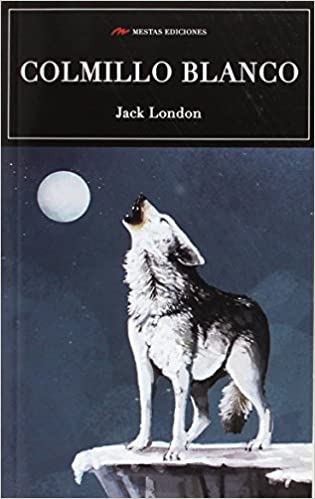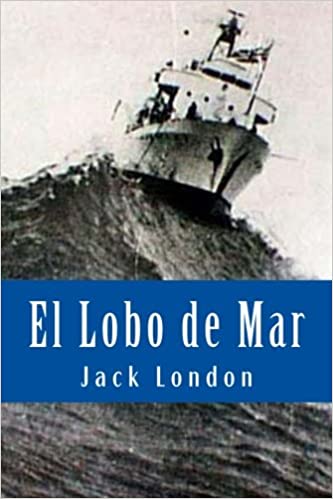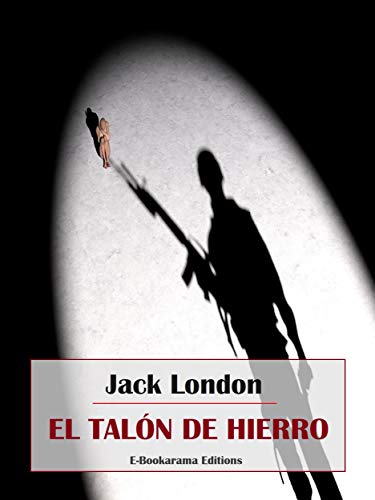The genre of adventure novels had a calling effect and even a takeover of much of the American writers of the 19th and early 20th centuries. Thus, when the genre was already enjoying its heyday with the seed sown by the Europeans. First of all, for Daniel Defoe, and then by Julio Verne, Robert Louis Stevenson and company, the latter were already accompanied by symmetrical books of the Mark Twain, Jack London, whom I bring here today, and more authors on the other side of the Atlantic.
The case of Jack London is the stereotype of the adventurer as a vital decision finally transferred to literature. Because young Jack was not exactly an example of a model student. His concerns prevented him from remaining in school beyond the age of 14. And at that tender age he already began to seek life with disparate results that led him to perform in all kinds of misdeeds with more or less fortune (it must be remembered that he even stepped in jail for wandering around here and there).
In view of this background, it is easy to interpret that Jack London the writer, in addition to being typical of his concerns, is based on a self-taught approach to literature. In his vital dispersion, good Jack did not miss the opportunity to indulge in reading, especially in his childhood and early youth.
Some unique wickers that finally led to one of the great authors of the adventure genre, that fundamental genre of fictional narrative that Cervantes had already started with Don Quixote ...
Jack London's Top 3 Recommended Books:
White tusk
It is not something exclusive, but it is true that many of those who suffer from the social disenchantment of human civilization end up discovering in dogs values that humans certainly suffer from on too many occasions.
Jack London used this novel to make an outline of the perniciousness of the human species among which even a faithful being like a dog can end up awakening his inner beast to defend himself from an aggressive environment.
In the end, in the fabulous empathy that we can feel in the wild dog, we discover the already latent conflict between the civilized and the natural, in the already anticipated sensation of the human as a kind of plague in charge of occupying a world that fully understands its own.
The sea wolf
The seas and oceans and their everlasting image of adventure. Since man was able to build a ship with which to take the sensation and ideal of freedom and at the same time control over a foreign environment into the sea, it became an emblem exploited in literature, cinema and even music. .
In this novel, the voyage across the seas presents us with a forced encounter between the good of the human soul and all the evil that it can harbor.
Between the shipwrecked Humprey and his rescuer, Captain Wolf Larsen, a tense relationship develops. Under the scenery of the northernmost seas, where the ship does not stop looking for seals, we enjoy a kind of existential duel between our most ominous side and our deep desire for redemption with a world doomed for its intoxicating beauty.
Because Hmprey and Wolf at times seem to be the same eyes because they both see the same environment that makes them insignificant, in front of whose sensation the human tries to magnify himself by whatever means.
The iron heel
Back in 1908 Jack London published this novel that ended up being taken as a socio-political reference that would surely be taken as a reference by the three great dystopian storytellers: George Orwell, bradbury o Aldous Huxley.
Because Jack London had written the first blatantly dystopian fiction in history. From that 1908, Jack London projected his story until the year 2600. And it is in that year that we meet Anthony Meredith, who in turn is fascinated with a book written by the idealist
Avis Everhard a couple of decades before the end of the twentieth century, with the government of the Iron Heel in full force worldwide. Perhaps the author did not have a manifestly political intention, although he would know well the European Marxist ideology, but the truth is that his novel became that emblem of the fight against capitalism fierce and terribly wise, capable of manipulating, generating newspeak and dividing to the less favored classes or countries ... does that sound familiar to you?



